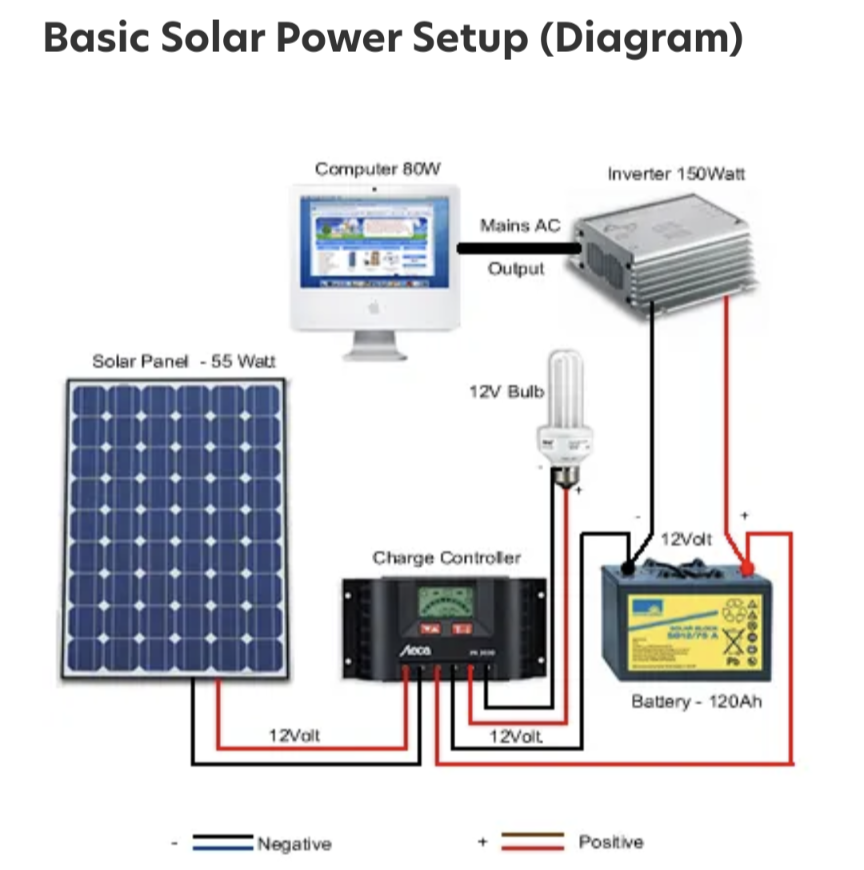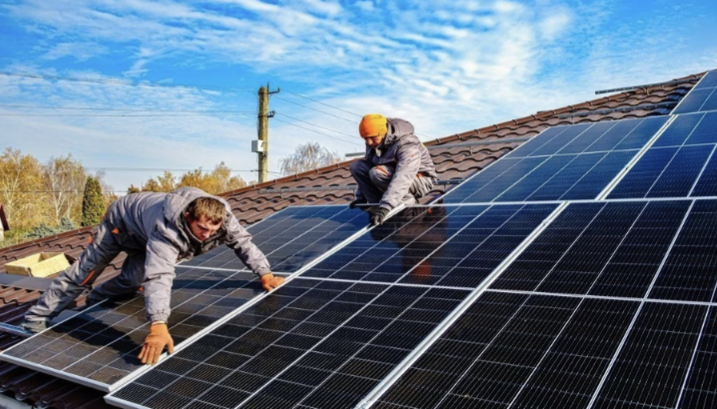As the world grapples with the consequences of climate change and seeks sustainable energy solutions, solar panels have emerged as a popular and viable option. Harnessing the sun’s power offers numerous benefits, but it also comes with its own set of challenges. This article delves into the pros and cons of solar panels and examines the differences between installing just solar panels and integrating solar panels with batteries.
The Benefits of Solar Panels
- Renewable Energy Source: Solar energy is a renewable resource, meaning it won’t run out as long as the sun shines. This contrasts sharply with fossil fuels, which are finite and contribute to environmental degradation.
- Reduced Electricity Bills: By generating your own electricity, you can significantly reduce or even eliminate your electricity bills. Over time, the savings can be substantial, making solar panels a financially sound investment.
- Low Maintenance Costs: Solar panels require minimal maintenance. With no moving parts, the risk of mechanical failure is low. Regular cleaning and periodic professional inspections are typically all that’s needed to ensure optimal performance.
- Environmental Impact: Solar energy production produces no greenhouse gas emissions, significantly reducing your carbon footprint. By switching to solar power, you contribute to a cleaner, more sustainable planet.
- Energy Independence: Solar panels provide a degree of energy independence. By producing your own power, you’re less affected by rising energy costs and supply disruptions.
The Drawbacks of Solar Panels
- High Initial Costs: The upfront cost of purchasing and installing solar panels can be significant. While prices have dropped in recent years, the initial investment remains a barrier for many households and businesses.
- Weather Dependent: Solar panels’ efficiency is influenced by weather conditions. Cloudy days and nighttime reduce their effectiveness, which can impact energy production.
- Space Requirements: To generate sufficient electricity, you need a sizable area for the solar panels. This can be challenging for properties with limited roof space or shading issues.
- Energy Storage Costs: Without a battery storage system, excess energy produced during the day is lost. Investing in a battery can mitigate this issue but adds to the overall cost.
Solar Panels vs. Solar Panels with Batteries
The decision to install just solar panels or to pair them with a battery storage system depends on your energy needs, budget, and goals.
Installing Just Solar Panels
Pros:
- Lower Initial Investment: Without the added cost of a battery, the initial investment is lower.
- Simplicity: The installation process is more straightforward and less complex.
Cons:
- Energy Loss: Excess energy produced during peak sunlight hours cannot be stored for later use, leading to potential energy waste.
- Grid Dependence: Without a battery, you’ll still rely on the grid during nighttime or cloudy days, reducing your energy independence.
Installing Solar Panels with Batteries

Pros:
- Energy Storage: Batteries store excess energy produced during the day, allowing you to use it during the night or during cloudy periods. This maximizes the efficiency of your solar panels.
- Increased Energy Independence: With a battery system, you’re less reliant on the grid, which can be crucial during power outages.
- Financial Incentives: Some regions offer financial incentives or rebates for installing battery storage systems, which can offset the additional cost.
Cons:
- Higher Initial Cost: Adding a battery storage system increases the overall cost of the solar panel installation.
- Maintenance and Lifespan: Batteries require more maintenance than solar panels and have a shorter lifespan, meaning they will need to be replaced periodically.
Conclusion
Solar panels offer a compelling solution to the world’s energy challenges, providing a renewable, cost-effective, and environmentally friendly power source. However, the decision to install solar panels, whether alone or with a battery storage system, depends on individual circumstances and priorities. While the initial investment can be high, the long-term benefits in terms of cost savings, energy independence, and environmental impact make solar energy an attractive option for many.
By carefully weighing the pros and cons and considering your specific energy needs, you can make an informed decision that aligns with your goals and contributes to a sustainable future.


Leave a Reply